Like Garfield and lasagna.
AT 2020neh is one of a handful of intermediate-mass black holes identified, and the recent “tidal disruption event” saw it feast on a star.
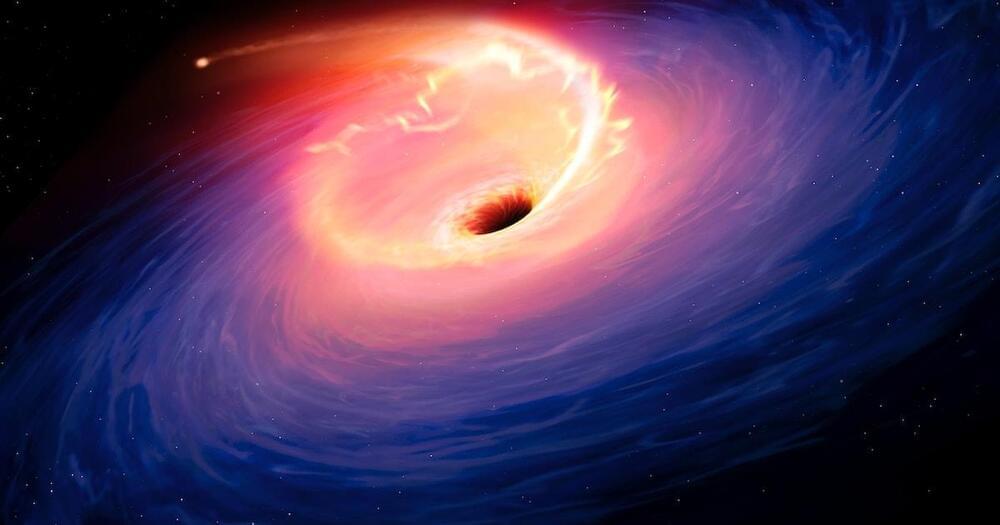
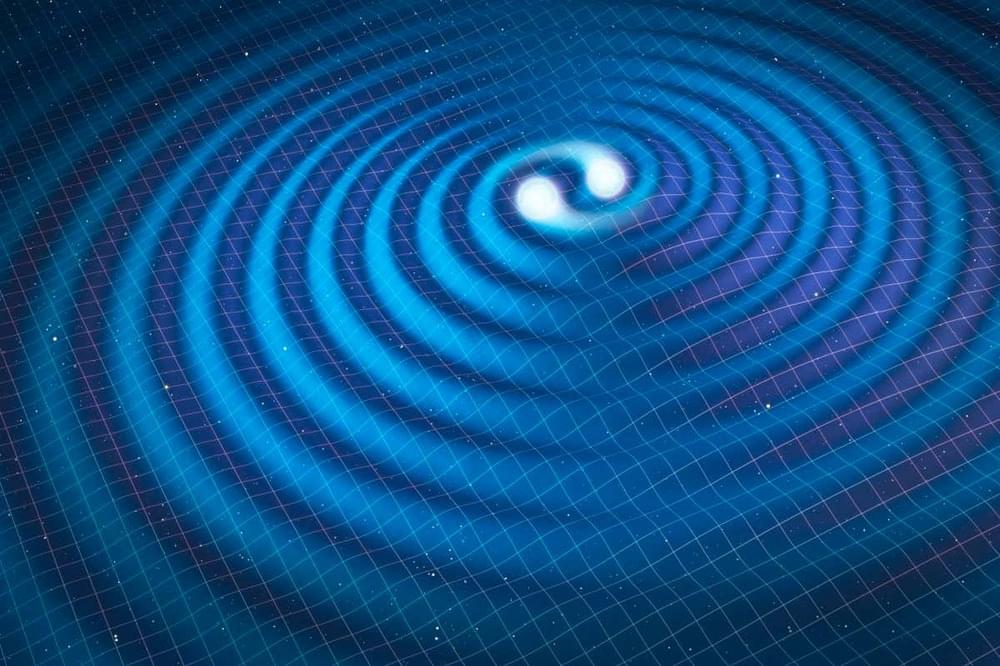
Video surveillance, now viruses.
Duke researchers have captured the first real-time footage of viruses on the move, right before they hijack a cell.
Learn more about the Welsher lab here: https://www.welsherlab.org/
To read the full paper: https://www.nature.com/articles/s41592-022-01672-3
MB01J8TKPYWEHGK.
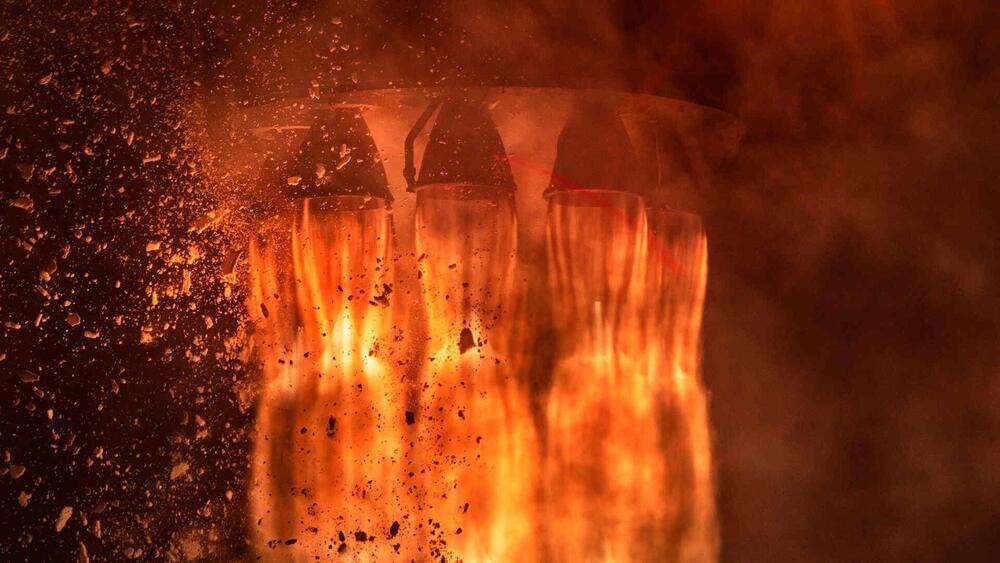
The test has now validated the startup’s patented design and manufacturing methodology.
A space-tech startup headquartered in Chennai, India, successfully test-fired the world’s single-piece 3D-printed engine.
Elen11/iStock.
Agnikul Cosmos on Tuesday said that Agnilet was test-fired at the Vertical Test Facility, Thumba Equatorial Rocket Launching Station (TERLS), at Vikram Sarabhai Space Center (VSSC), Thiruvananthapuram. The test was supported by ISRO (Indian Space Research Organization) and IN-SPACe, a nodal agency for promoting and regulating space players.
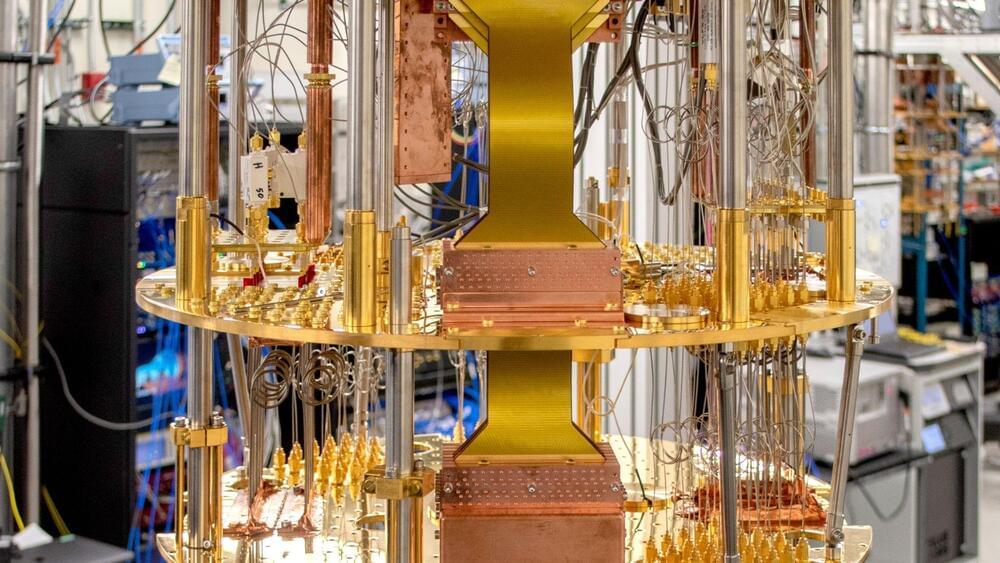
Beating the previous record of 127 qubits.
IBM unveiled its most powerful quantum computer to date at the IBM Summit 2022 on Wednesday. Named “Osprey,” the 433 qubit processor has the largest qubit count of any IBM processor and is triple the size of the company’s previously record-breaking 127-qubit Eagle processor.
“The new 433 qubit ‘Osprey’ processor brings us a step closer to the point where quantum computers will be used to tackle previously unsolvable problems,” said Dr. Darío Gil, senior vice president of IBM and Director of Research.
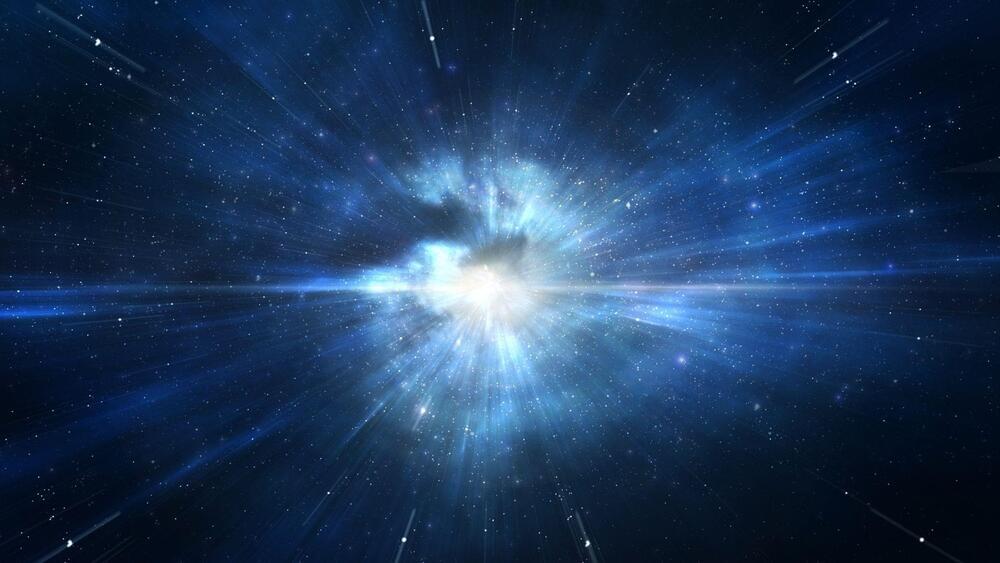
The scientists said their spacetime simulation “agrees very well with theory.”
A team of physicists used a “quantum field simulator” to simulate a tiny expanding universe made out of ultracold atoms, a report from VICE
Simulating spacetime.
Pixelparticle/iStock.
The scientists conducted the experiment to simulate the early rapid expansion of the universe following the Big Bang. Their work could lead to accurate representations of the universe in future experiments, allowing for the testing of countless models of the early evolution of the cosmos.

Climate change delegates traveling aboard private jets known to release more carbon dioxide emissions have added to the controversy surrounding the United Nations Climate Change Conference (COP27) in Sharm el-Sheikh, Egypt.
Hundreds of environmental activists stopped private jets from taking off from Amsterdam’s Schiphol Airport the day before the conference started last week.
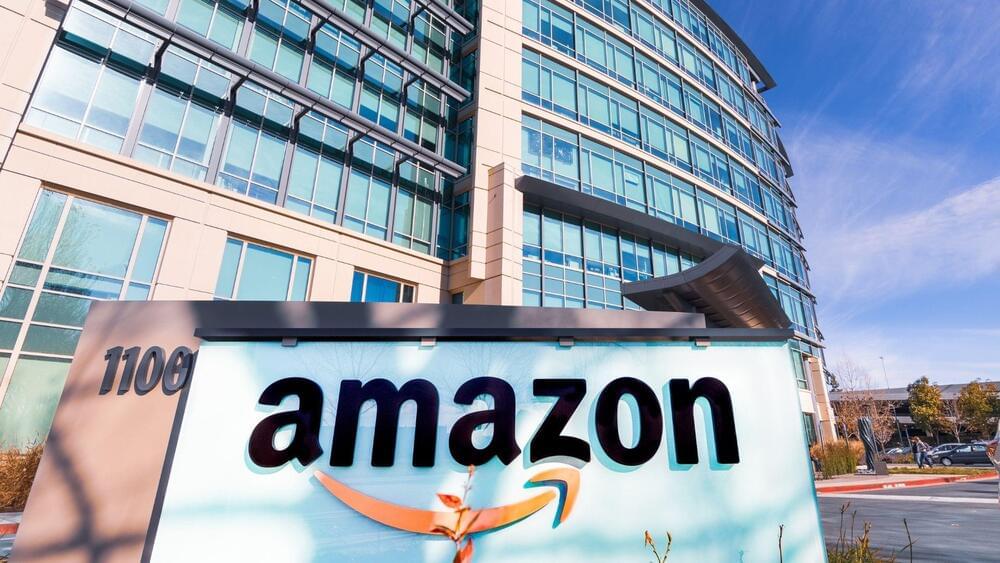
Other tech companies are not far behind.
Jeff Bezos founded Amazon.com Inc., has achieved the unenviable milestone of being the first public company to lose a trillion dollars in market valuation, Bloomberg.
How has Amazon stock fared in 2022?
Sundry Photography/iStock.
Incidentally, Amazon was among the first few companies to cross the $1 trillion valuation in the first place, and the recent dip is a sign of the nervousness in the markets about the slowdown in the global economy, led by the U.S. In a bid to keep their costs down, companies like Meta have recently announced layoffs. However, Amazon has so far avoided a reduction in its headcount.
Coimbatore-based potter M Sivasamy has built an eco-friendly clay fridge that needs zero electricity to keep vegetables, fruits, curd, etc fresh for upto four days. Watch this video to see how his brilliant device works.
Sounds Interesting? Share it now!
Free AI software is primed to strip away the control of studios and actors who appears in films.